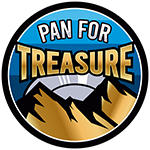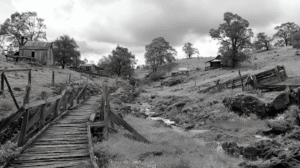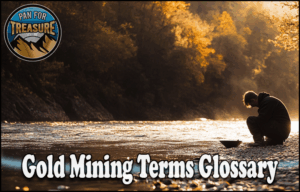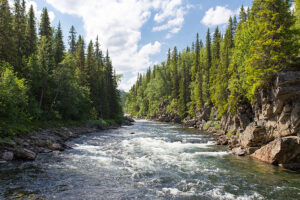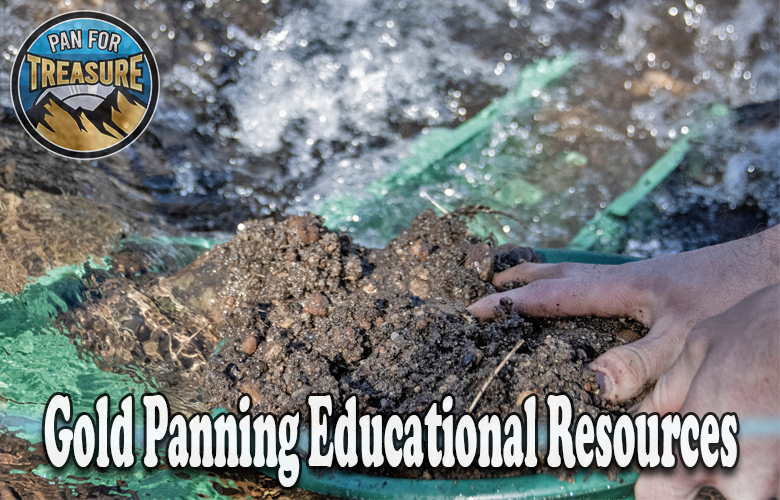
Gold panning is a thrilling adventure that combines the excitement of treasure hunting with a deeper understanding of geology, history, and the natural world.
Whether you’re a beginner or a seasoned prospector, the pursuit of knowledge is key to success.
In this guide, we’ll introduce you to a treasure trove of valuable resources, both online and offline, that will enhance your gold panning education and enrich your prospecting journey.
1. Books and Field Guides
– “The Complete Guide to Gold Prospecting” by Bradley “Buzz” Wilson:
- This comprehensive guide covers everything from the basics of gold panning to advanced prospecting techniques.
– “Gold Panning Colorado: A Guide to the State’s Best Sites for Gold” by Garret Romaine:
- Explore Colorado’s rich gold history and discover the best locations for panning.
– Geological Field Guides:
- Look for geological field guides specific to your region to learn about local rock formations, mineral deposits, and potential gold-bearing areas.
2. Online Communities and Forums
– The Gold Prospectors Association of America (GPAA):
- GPAA offers a wealth of resources, including forums, articles, and access to local chapters and events.
– Prospecting and Mining Forums:
- Join online communities where prospectors share their experiences, offer advice, and discuss the latest techniques and equipment.
– Social Media Groups:
- Platforms like Facebook and Reddit host groups dedicated to gold prospecting, where you can connect with fellow enthusiasts and experts.
3. Educational Websites
– US Geological Survey (USGS):
- The USGS provides valuable geological data, maps, and publications that can aid in your prospecting efforts.
– Geology.com:
- Geology.com offers a wide range of educational articles, maps, and resources related to geology and mineralogy.
– YouTube Channels:
- Explore YouTube channels dedicated to gold panning tutorials, equipment reviews, and prospecting adventures.
4. Local Prospectors and Clubs
– Local Prospector Clubs:
- Joining a local prospecting club can provide hands-on experience, access to claims, and mentorship from experienced prospectors.
– Prospecting Workshops:
- Look for workshops or seminars hosted by local experts and organizations to refine your skills.
5. Museums and Historical Sites
– Mining Museums:
- Visit mining museums in gold-rich regions to learn about the history of gold rushes and see authentic equipment and artifacts.
– Historical Sites:
- Explore historical gold mining sites, where interpreters and exhibits offer insights into the past.
6. Educational Apps and Software
– Geological Apps:
- Download geological apps that provide maps, rock and mineral identification, and information on gold-bearing areas.
– Gold Prospecting Software:
- Some software tools assist prospectors in analyzing geological data and identifying potential hotspots.
7. Environmental and Safety Resources
– Environmental Guides:
- Familiarize yourself with environmental guidelines and conservation resources to ensure responsible prospecting.
– Safety Training:
- Consider safety courses and training programs to learn about potential hazards and safe practices in the field.
Conclusion
A commitment to ongoing education is the key to success in gold panning and prospecting.
By exploring these valuable resources and continuously expanding your knowledge, you’ll not only improve your chances of finding gold but also gain a deeper appreciation for the natural world and the history of those who sought their fortunes in its depths.
So, dive into the world of gold panning education, connect with fellow prospectors, and explore the wealth of information and experiences waiting to enhance your prospecting journey.
Happy panning and learning!
Pins for Pinterest
If you like what you see, feel free to share some love on Pinterest ❤️
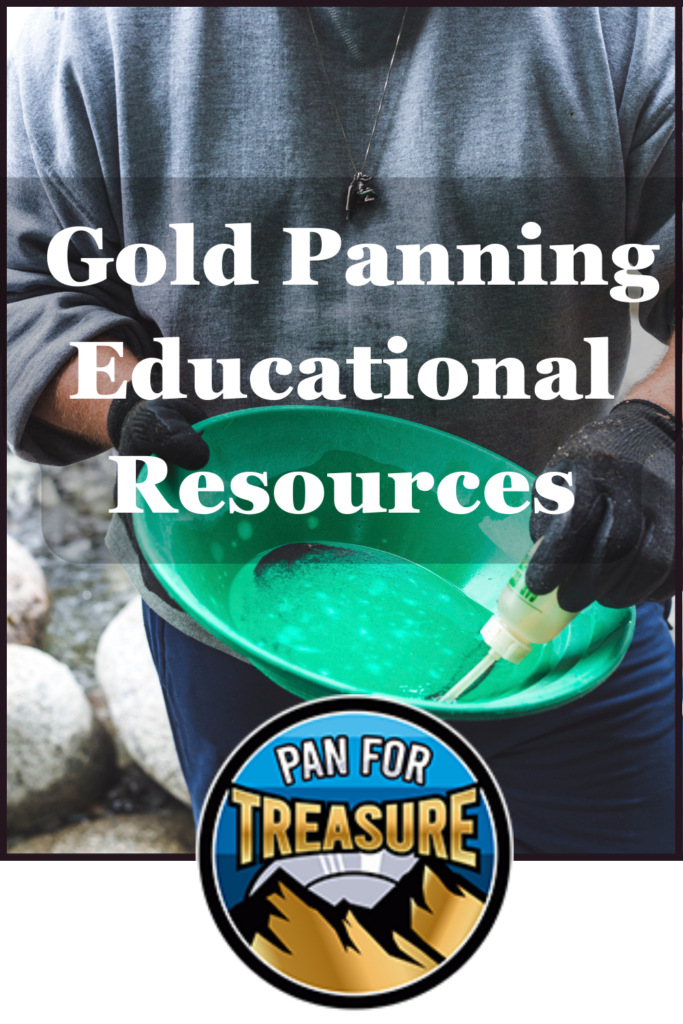
Subscribe to Our Newsletter
